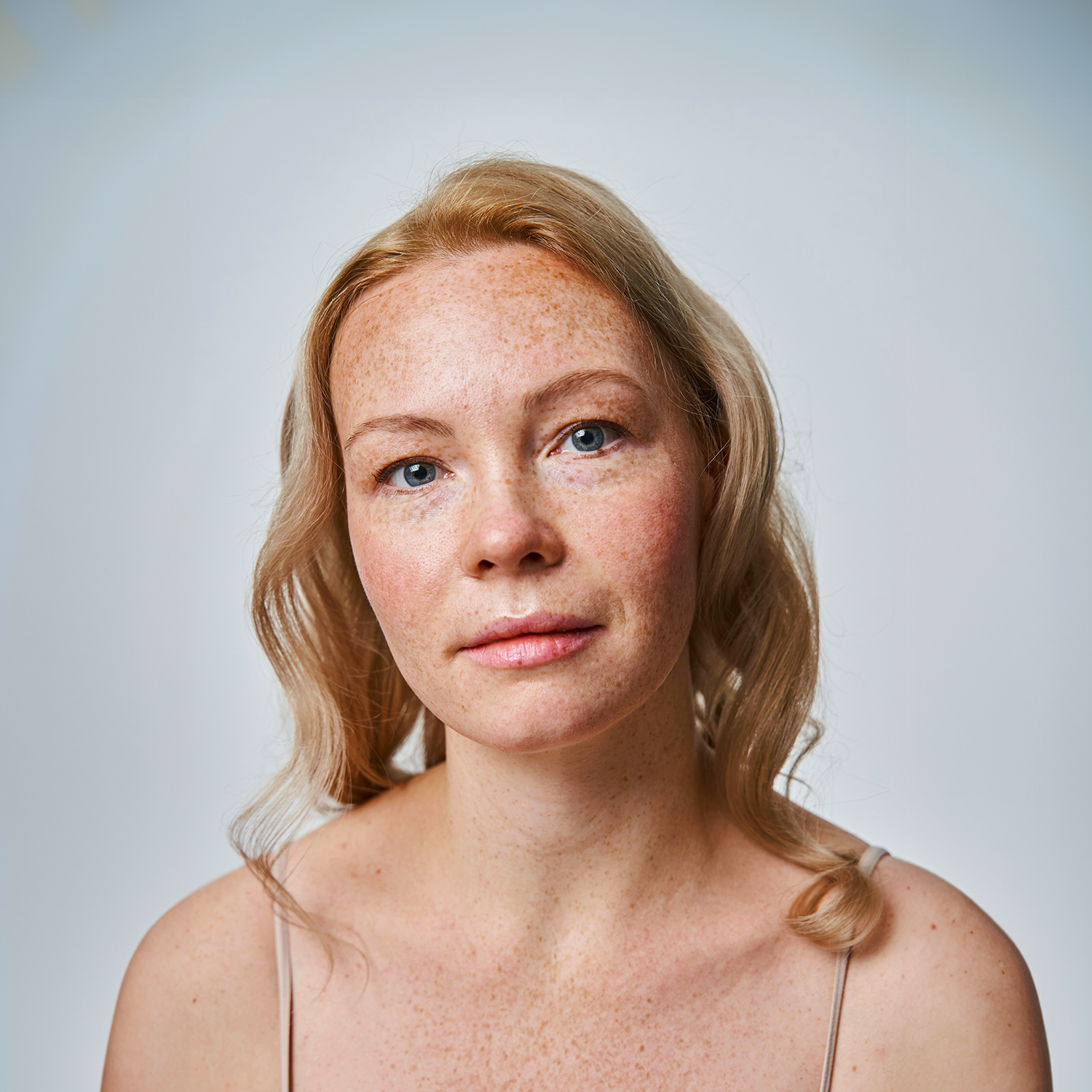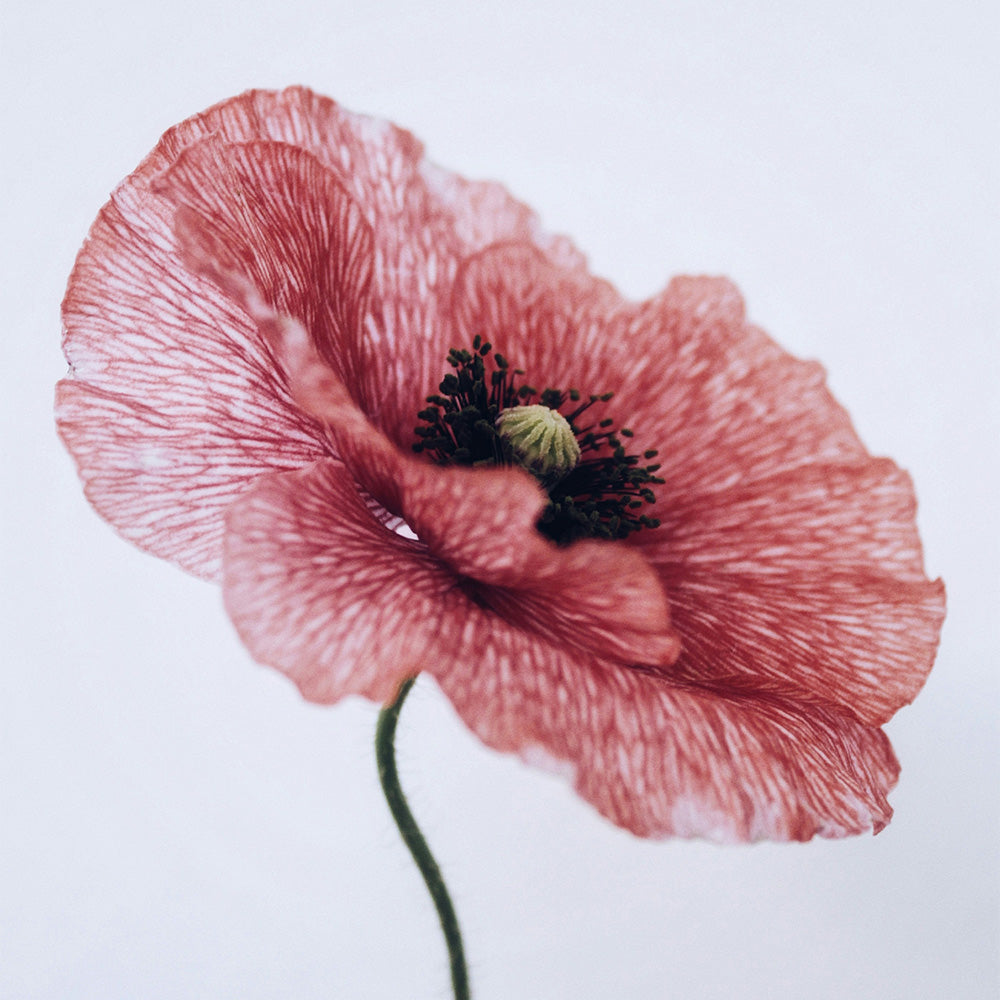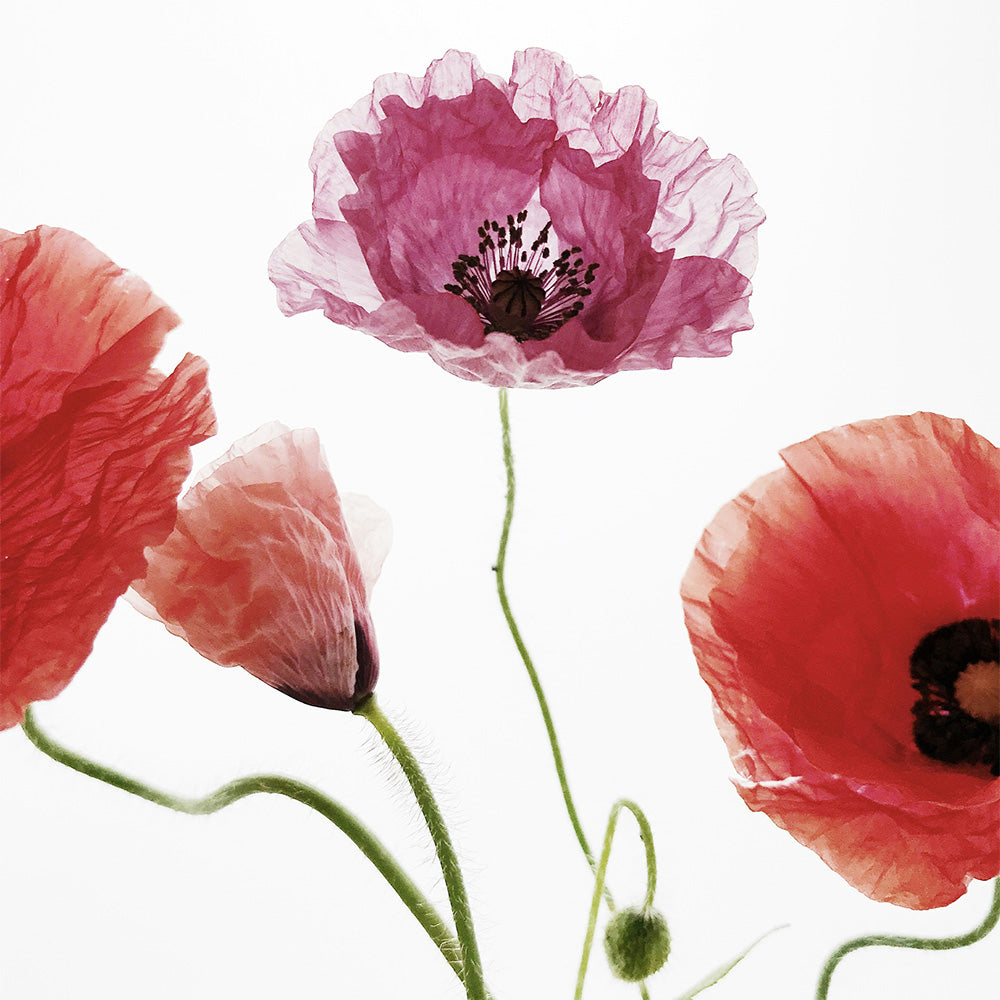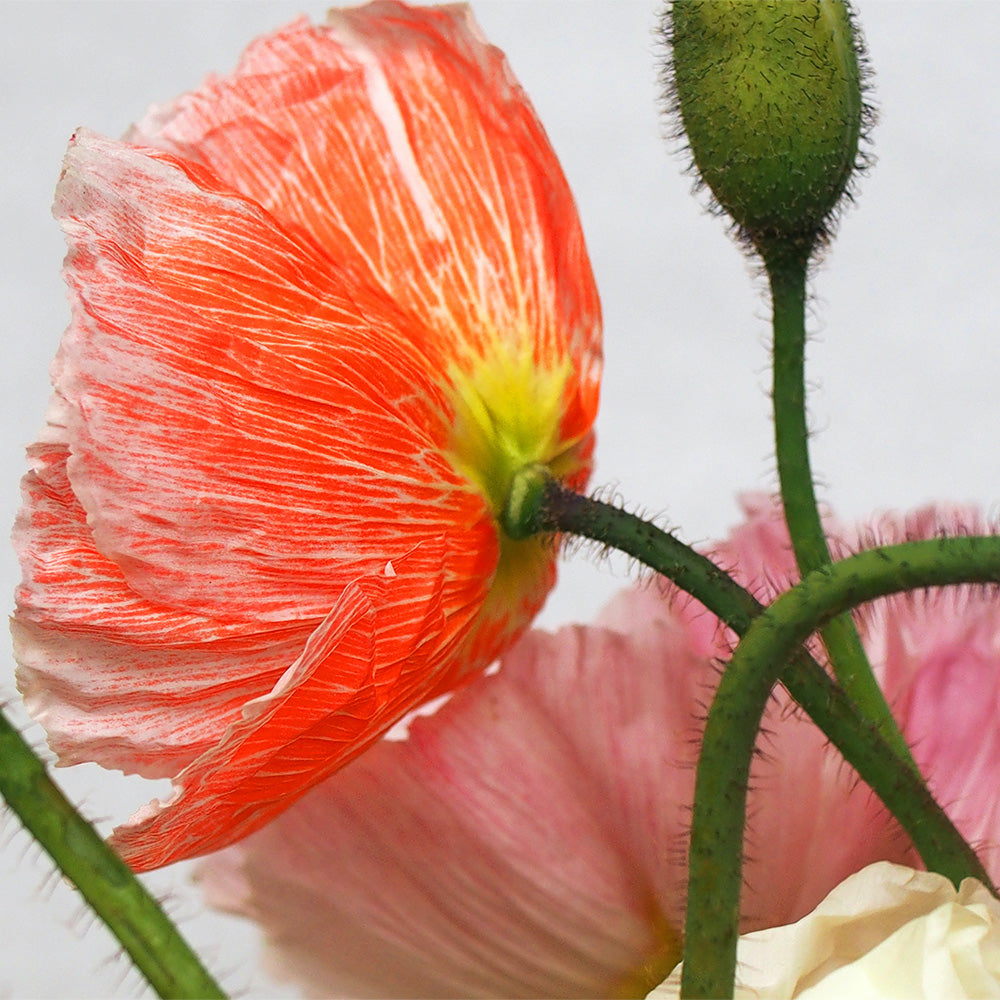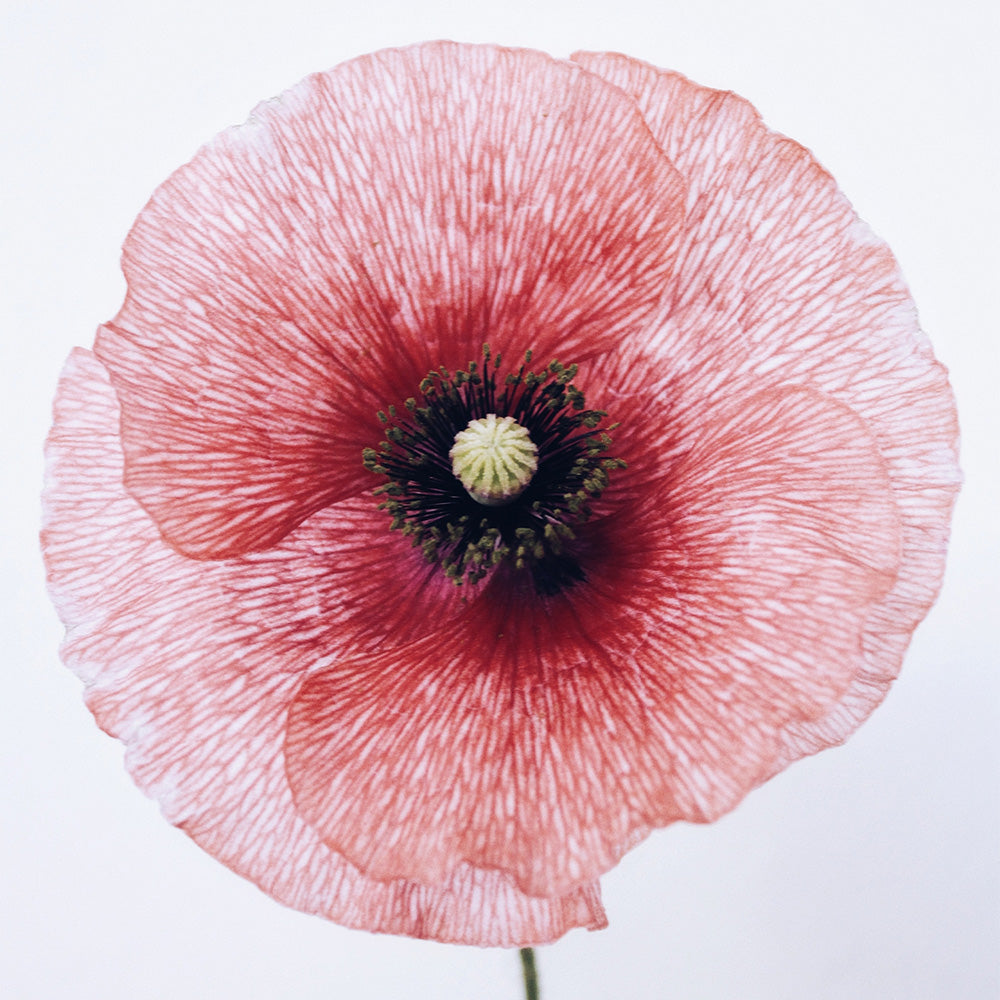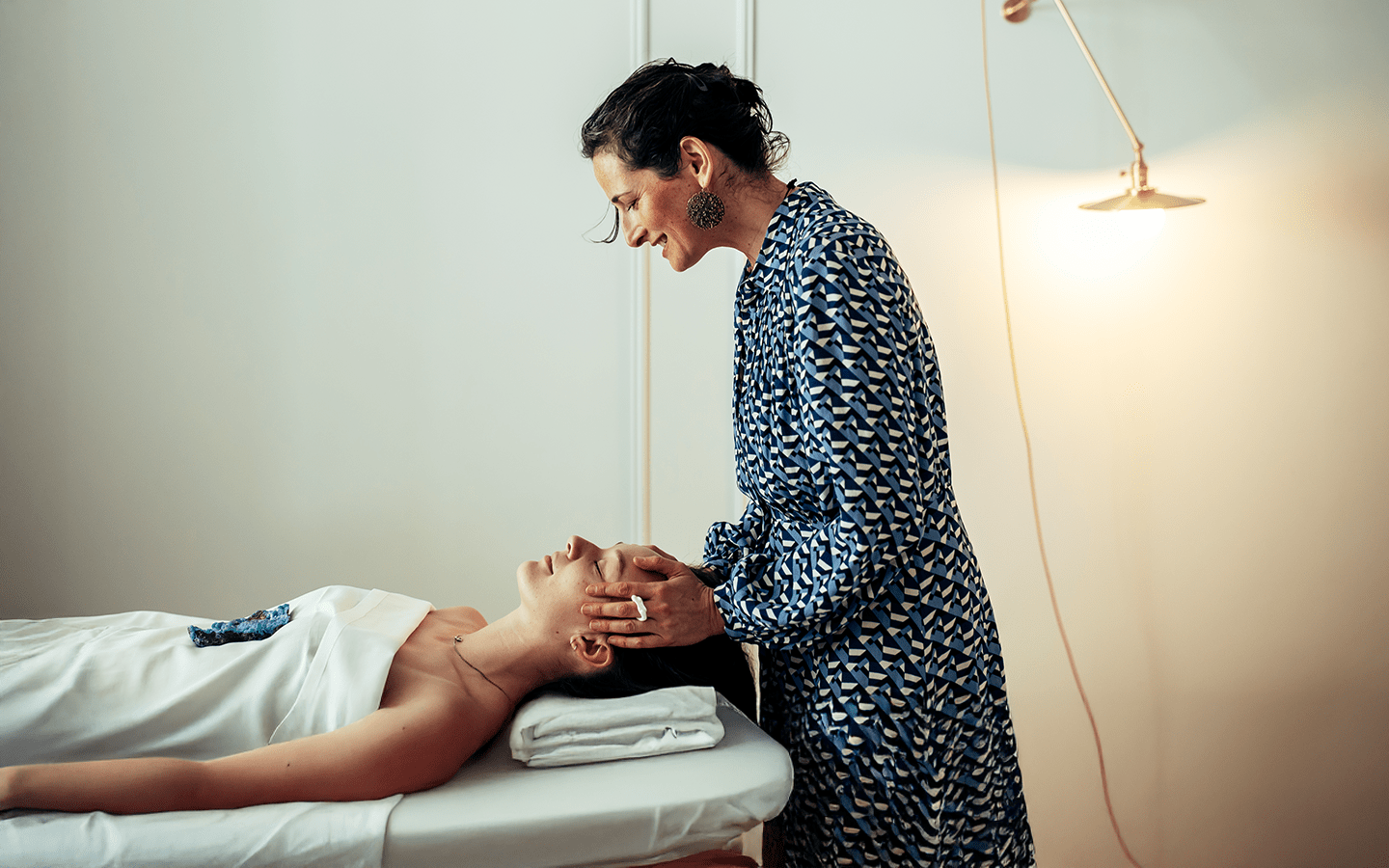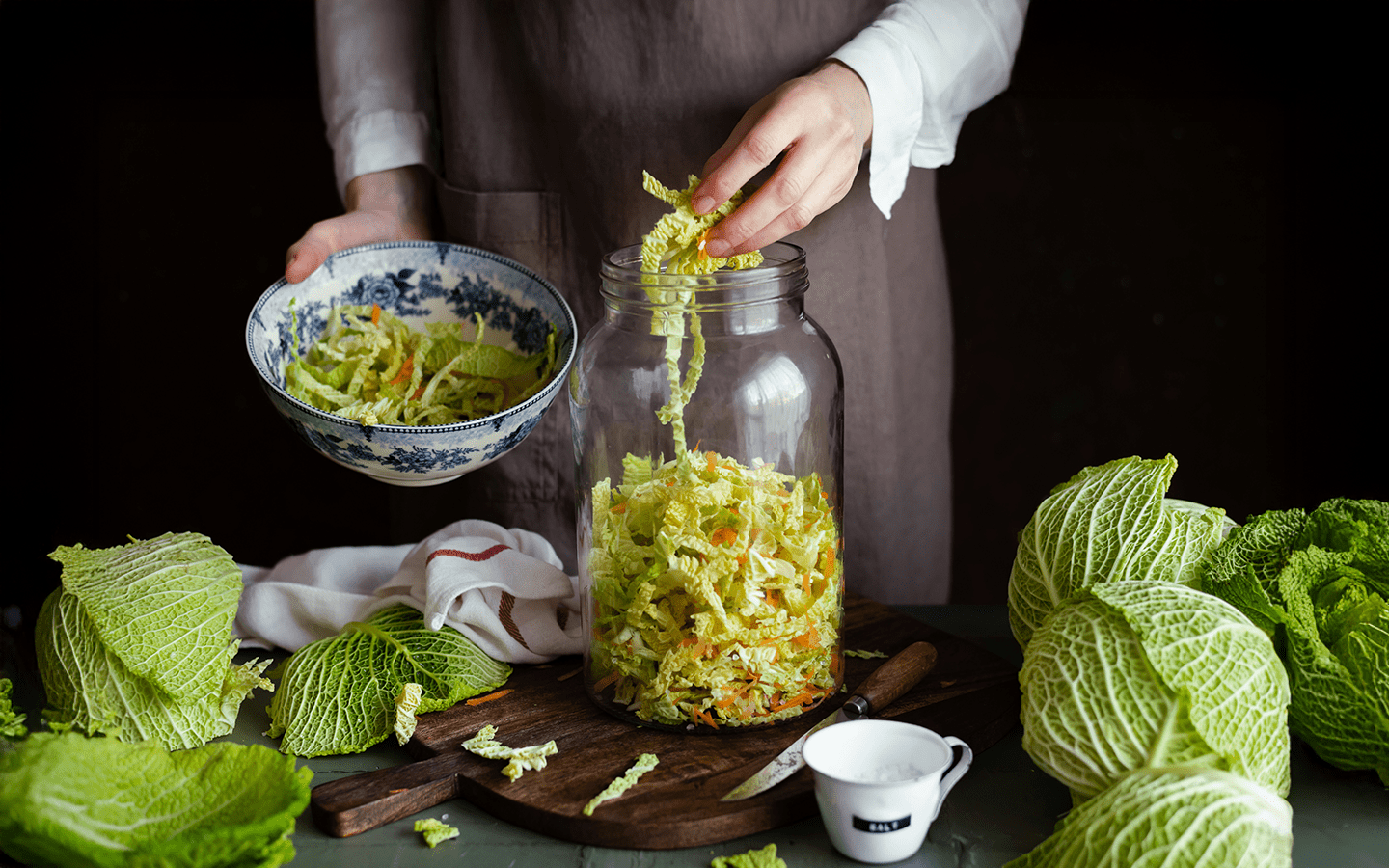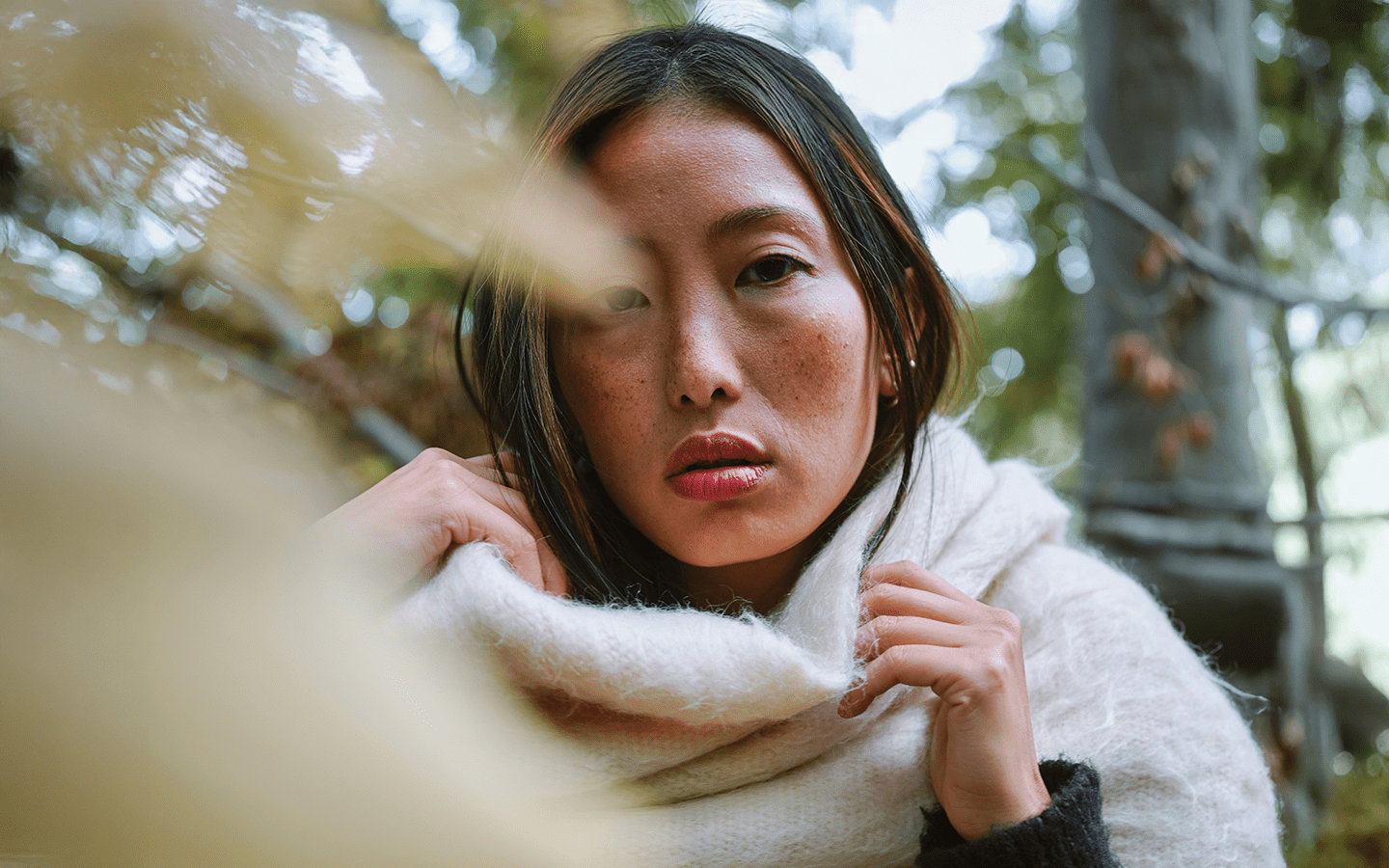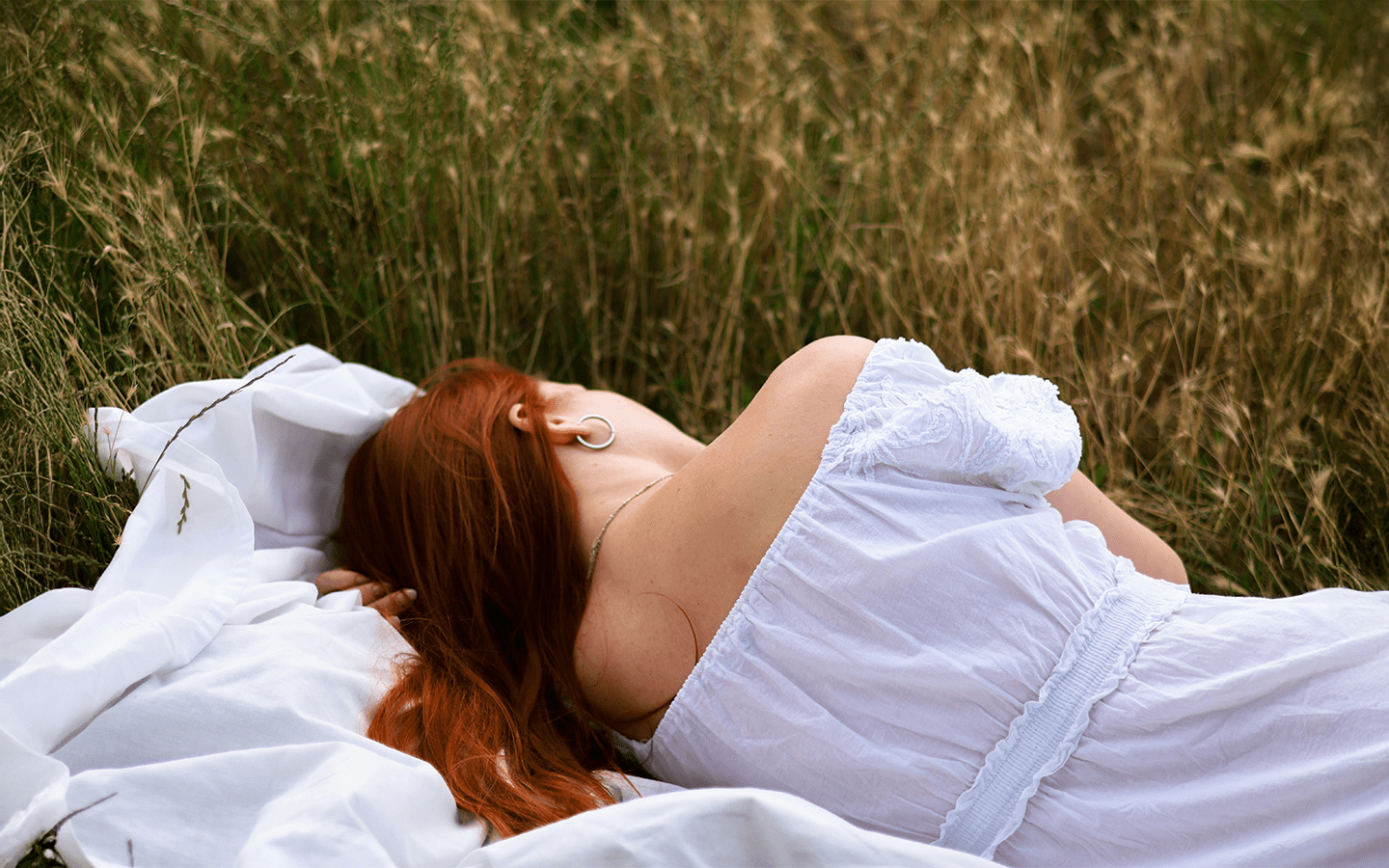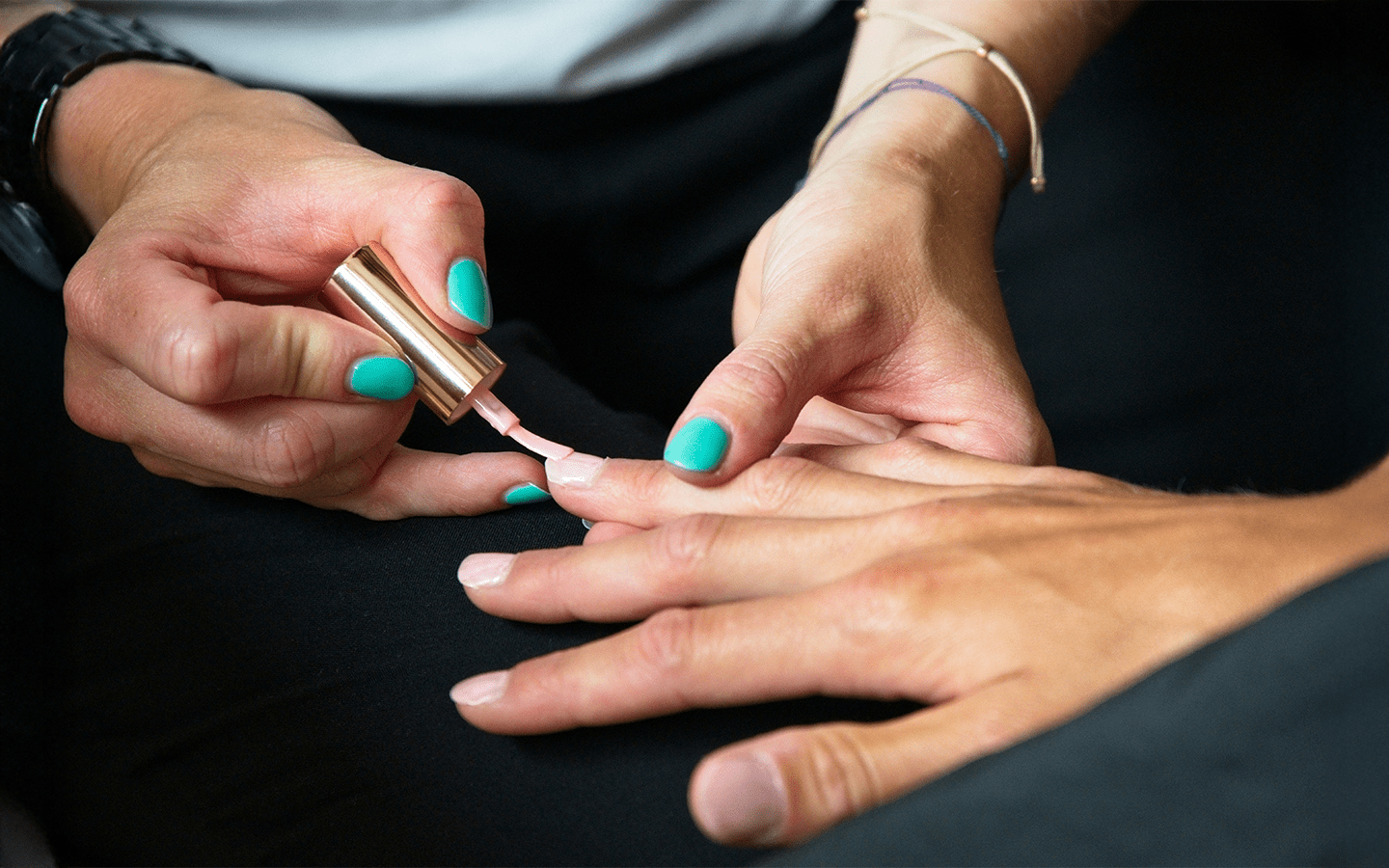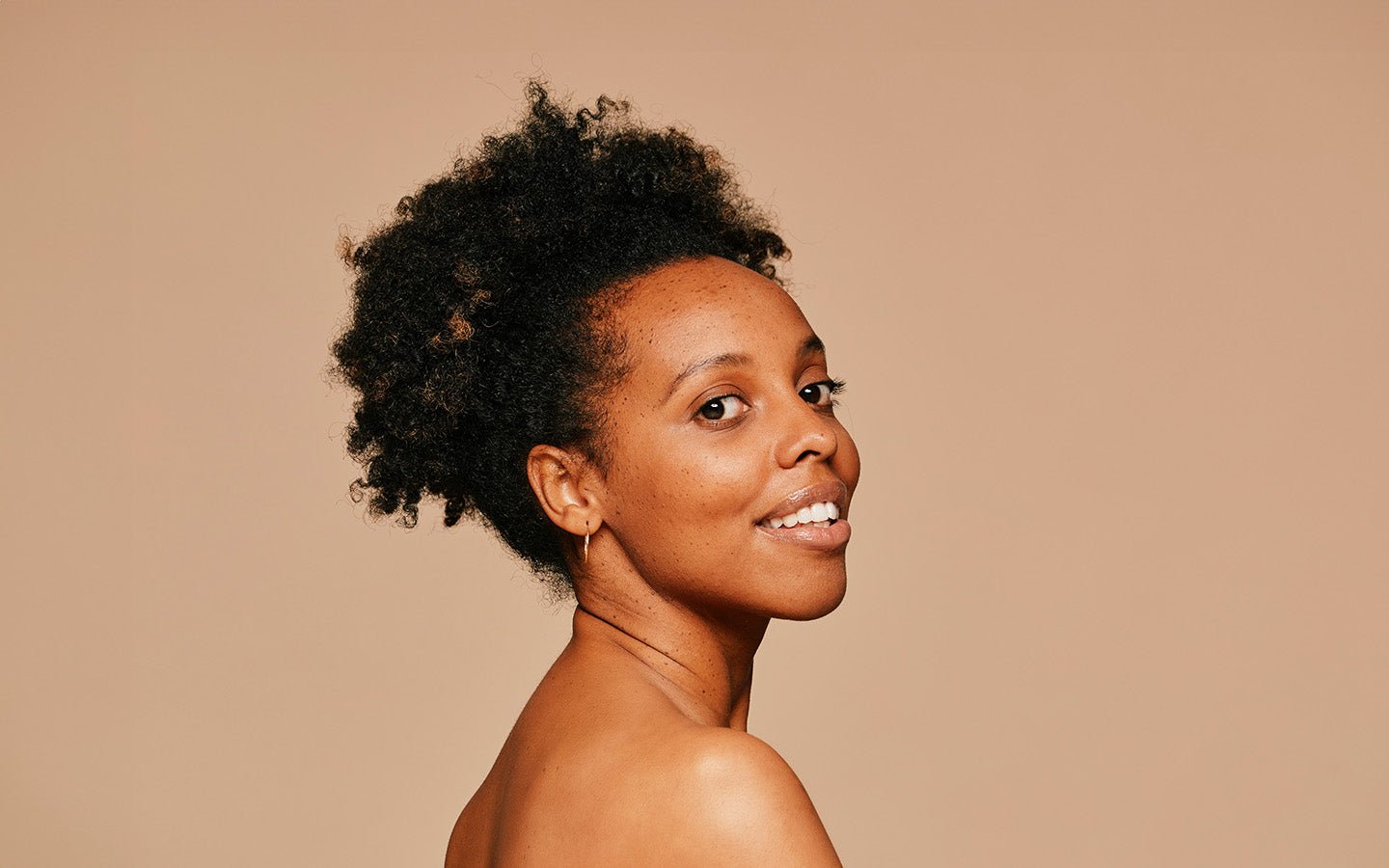
Does it Hurt? Why Acupuncture Feels Better Than You Think
As a Doctor of Acupuncture & Chinese Medicine with over 20 years of experience, I've heard this question countless times from women considering acupuncture for the first time. Let me put your mind at ease - acupuncture is far more comfortable than most people imagine!
Key Highlights
- Acupuncture, an ancient practice of Traditional Chinese Medicine, is often misunderstood when it comes to pain.
- Contrary to common misconceptions, acupuncture needles are ultra-thin, about the width of a human hair, leading to minimal discomfort during insertion.
- Most individuals experience only a brief, mild pricking sensation as the needle meets the skin, which quickly dissipates.
- Instead of pain, many people report feeling a sense of deep relaxation, tingling, or warmth during and after the treatment.
- These sensations, far from being harmful, are actually positive signs that the acupuncture is working to restore balance and promote healing.
Introduction
Acupuncture has been an important part of Traditional Chinese Medicine for many years. It uses very thin acupuncture needles that are placed into certain points on the body. This practice tries to get the flow of qi, or vital energy, moving smoothly in your body. Some people worry about needles, but acupuncture is usually gentle and can feel very relaxing. Let’s look at why acupuncture is often better than people expect and clear up some myths about it.
How Small Are Acupuncture Needles Really?
Acupuncture needles are extremely thin, about the width of a human hair. When skillfully inserted by an experienced practitioner, most patients feel little to no discomfort. In fact, many of my patients are surprised by how relaxing the experience can be. Here are the facts about acupuncture needle size:
- The thinnest acupuncture needles are 0.12 mm in diameter and are used for facial cosmetic acupuncture.
- The most commonly used needle I use in traditional acupuncture treatments are 0.25 mm in diameter.

To put this in perspective, these ultra-thin 0.12 mm needles are:
- About the width of a human hair, which typically ranges from 0.10 mm to 0.20 mm in thickness.
- Approximately 1/64th the size of a blood donation needle.
- Roughly 10 times smaller than a hypodermic needle used for injections, which typically ranges from 0.4 mm to 1.8 mm in diameter.
This extremely fine diameter is one of the reasons why acupuncture needles often cause minimal discomfort when inserted by a skilled practitioner.
Demystifying Acupuncture: The Reality Behind the Needles
In Chinese medicine, acupuncture works by tackling the root problems that create energy imbalances in your body. It does not just hide the symptoms. Your acupuncturist will listen to your health issues and create a treatment plan that is just for you. This usually starts with a light check-up and talking about your medical history.
After this check, the acupuncturist will choose specific points on your body for needle use. This is meant to clear blocked energy, lower swelling, and help your body heal naturally.
Understanding How Acupuncture Feels
One common worry people have about acupuncture is the worry of pain. It's good to know that acupuncture needles are very thin—similar to the width of a human hair. This means that putting them in usually hurts less than getting a shot or having blood drawn.
When the needle goes in, some people feel a quick, mild pricking feeling, while others hardly notice it at all. This first sensation does not last long and is soon replaced by other pleasant feelings.
These could be a dull ache, a tingling feeling, warmth, or even deep relaxation. These are all good signs that the acupuncture treatment is working and helping your body heal naturally.
The Science of Acupuncture: Easing the Mind and Body
Modern science is starting to understand how acupuncture works, just like ancient wisdom has known for a long time. Studies show that using clean, one-time use, stainless steel acupuncture needles on specific points of the body helps the central nervous system.
This action makes the body release endorphins, which are natural pain relievers. It also triggers other chemicals that can improve your mood and reduce stress.
In simple terms, acupuncture helps to change how the brain and body communicate. This promotes both physical and emotional health. It's a complete method that looks at not only the symptoms you feel but also at the deeper issues that might be causing them.
Addressing Common Concerns: What You Need to Know
It's completely normal to have questions before your first acupuncture session. One common question is, "Does acupuncture hurt?" Most people find that the sensation of the needles is very mild and only lasts a short time.
It’s also important to know that a skilled acupuncturist is well-trained in how to use the needles. They know where to place them, how deep to go, and how to make your treatment feel comfortable and work well. Good communication is essential. If you have any worries or feel anything unusual, don't hesitate to tell your acupuncturist.
Does Acupuncture Hurt?
The short answer is: not really! Acupuncture mostly feels subtle. People often say it feels like mild pressure or tingling, not pain. The needles used in acupuncture are very thin, much thinner than the hollow needles used for injections, which can hurt more.
When the needle goes in, you might feel a quick, mild prick. But this feeling usually goes away fast. Your acupuncturist will carefully select where to place the acupuncture needles and how deep they go to reduce any discomfort.
Remember, pain is different for everyone. What feels uncomfortable to one person may not bother another. Your acupuncturist wants to help you relax and have a comfortable treatment experience.
Common Misconceptions About Acupuncture Pain
One common myth about acupuncture is that it hurts. This idea may come from thinking of needles used for shots or blood tests, which can be uncomfortable. But in reality, acupuncture needles are much thinner and only go in slightly.
Many people who try acupuncture often feel relaxed and may even fall asleep during their sessions! If you do feel any discomfort, it is usually very mild and just lasts a short time.
If you are looking for good pain management and worry about the treatment being painful, you can be calm. Acupuncture is a gentle and safe way to find pain relief, and it often works very well.
The Benefits of Acupuncture: Beyond Pain Relief
Acupuncture is known for pain management. However, it has many other health benefits. People use acupuncture for different conditions. These include digestive problems like irritable bowel syndrome (IBS) and mental health issues like anxiety and depression.
Acupuncture can also help improve overall health. It boosts the immune system, improves sleep quality, and increases energy levels. By restoring the flow of energy in the body, acupuncture helps create balance and well-being.
Enhancing Women's Health and Hormonal Balance
Acupuncture has become known as a helpful method for many women’s health issues. It can help with problems like period irregularities, fertility issues, and menopausal symptoms. This technique offers a natural way to restore balance.
Practitioners focus on specific acupuncture points. This can help manage hormones, ease menstrual cramps, control mood swings, and lessen hot flashes. All of this promotes better health at different stages of life. Acupuncture also works on the body's life force, or qi. It can help raise energy levels, lower stress, and improve emotional well-being.
If you want a gentle way to support your health, you might try acupuncture. Just make sure to find a skilled practitioner to help you on your path to better health.
Acupuncture for Radiant Skin and Wellness
In the quest for healthy skin and overall wellness, many people are trying acupuncture as a complementary therapy. This practice can help improve skin health by fixing problems inside the body. These problems may cause issues like acne, eczema, or early signs of aging.
Acupuncture promotes better blood flow to the face. This brings important nutrients and oxygen to skin cells. It helps your skin look healthy. It can also lower stress, which is a factor in skin problems. This way, facial acupuncture supports your goal of achieving radiant skin.
When you pair regular acupuncture with a personal skincare routine and a healthy lifestyle, you can greatly boost your natural beauty. It's a gentle approach to look and feel your best from the inside out.
Preparing for Your First Acupuncture Session
Walking into your first acupuncture session may feel a bit mysterious. However, you don’t need to feel scared. Talking is very important. Before your treatment starts, your practitioner will chat with you. They want to know your health history, any current issues, and what you hope to achieve. Don't hesitate to ask any questions you might have.
To get the best out of your visit, wear comfortable clothes. These should let you easily access your arms and legs. It’s also smart to skip caffeine and heavy meals right before your session. This will help your body relax better.
What to Expect During the Treatment
During your first appointment, your acupuncturist will check your overall health and talk about your needs. They might feel your pulse, look at your tongue, and ask about your lifestyle, diet, and feelings.
After understanding your situation, they will choose the specific points to focus on. They will use sterile, single-use needles to gently put them into the right spots on your body’s energy pathways, called meridians.
Then, you will relax for 15 to 30 minutes while the needles work. This process helps to boost your body’s energy and encourages healing. Many people find it very calming and may even fall asleep.
Post-Treatment: How You Might Feel
Following your acupuncture session, you might feel very relaxed or even have more energy. Many people say they sleep better and have less pain too. It's important to pay attention to your body and rest if you need to.
Side effects from acupuncture are really rare, especially when done by an experienced acupuncturist. Sometimes, you might see a little bruising or feel tender where the needles went in, but these feelings usually go away quickly.
Your practitioner will talk to you about aftercare advice. This might include things like drinking enough water and not doing hard exercises. Most importantly, notice how you feel and tell your acupuncturist if you notice any big changes or have concerns.
What’s Next?
Acupuncture can be a safe and helpful way to improve your health. It can reduce pain and support your overall well-being. Learning about how acupuncture works may help you feel better about trying it. If you want to give acupuncture a chance, just schedule a free consultation so we can discuss any questions that remain unanswered. You can enjoy its benefits for your body, mind, and spirit. This journey can lead to a healthier version of you.
Frequently Asked Questions
What should I avoid doing before an acupuncture session?
It is good to stay away from alcohol, caffeine, and big meals before your treatment. You should also tell your healthcare provider about your medical history. This means sharing any medications or treatments you are using, like herbal medicine or Western medicine.
How many sessions are necessary to see results?
The number of treatments you need can change based on who you are and your health issue. Your healthcare provider will make a treatment plan just for you. This plan will take into account your specific points, medical history, and health goals.
Can acupuncture help with anxiety and stress?
Acupuncture can greatly help with mental health issues like anxiety and stress. It works by stimulating the central nervous system and encouraging the flow of qi. This treatment can help you relax, lower stress hormones, and create a feeling of well-being.
